Galleries
62 Women Share Their Secrets to Art World Success: Part I
Career advice from the art world's best gallerists, museum curators, and PR mavens.
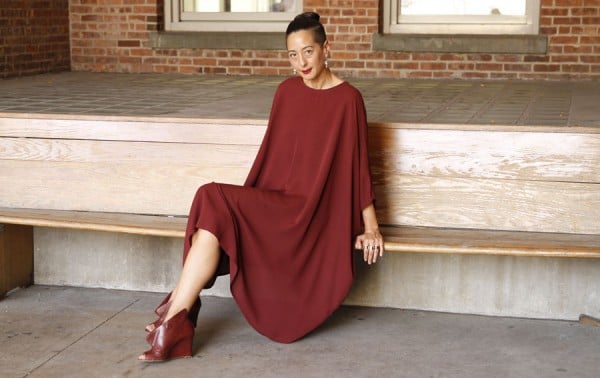
Career advice from the art world's best gallerists, museum curators, and PR mavens.

Sarah Cascone

What are the secrets to a successful career in the art world? We asked 62 women in the upper echelons of museums, galleries, art PR firms, and art non-profits to tell us what they’ve learned over the course of their careers, and to offer their advice for women looking to break into the business (see also The 100 Most Powerful Women in Art: Part I, Part II, and Part III).
The survey did bring a few tongue-in-cheek responses.
Simon de Pury, husband and business partner of the dealer Michaela de Pury, offered this: “act like a man look like a woman,” while his better half provided more practical advice. Of course, much of what our respondents had to say will be relevant to everyone. As Daniella Luxembourg noted after delivering her words of wisdom, this was advice she “would give to women and men alike.”
Here is what the first half of our participants had to say, in no particular order. (For the second part, see 62 Women Share Their Secrets to Art World Success: Part II).
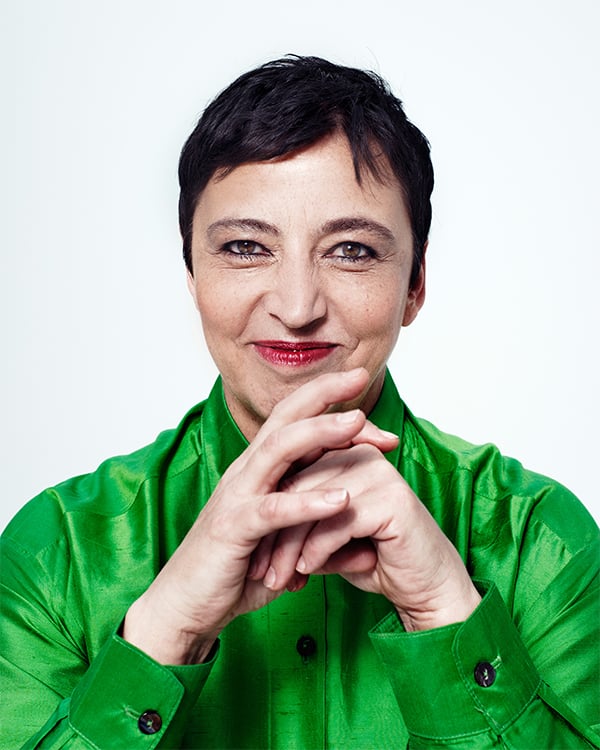
Beatrix Ruf.
Photo: Robin de Puy.
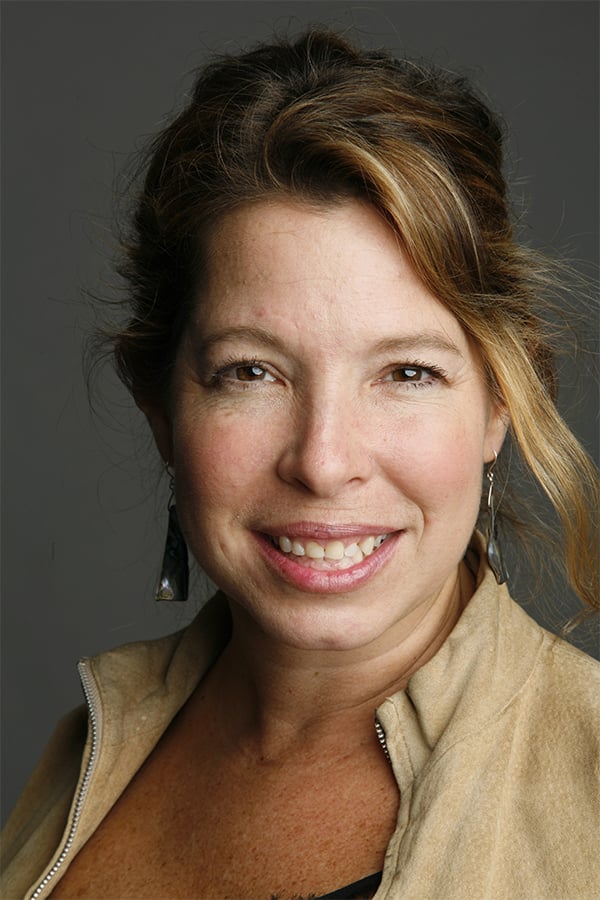
Anne Pasternak. Photo: Timothy Greenfield-Sanders.

Michaela de Pury.
Photo: Dave Bennett, courtesy the London Evening Standard.
3. Michaela de Pury, co-founder of de Pury de Pury, London
Have the right artworks and the right clients—paired with expertise and experience.
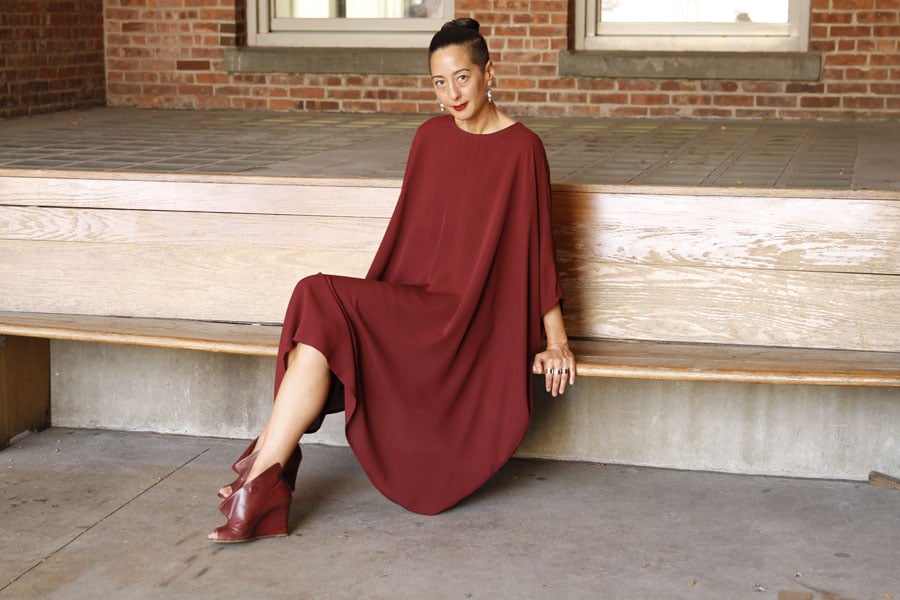
Angela Goding.
Photo: courtesy Stylelikeu.
4. Angela Goding, director of development, MoMA PS1, Long Island City, Queens
Intuition cannot be overrated.
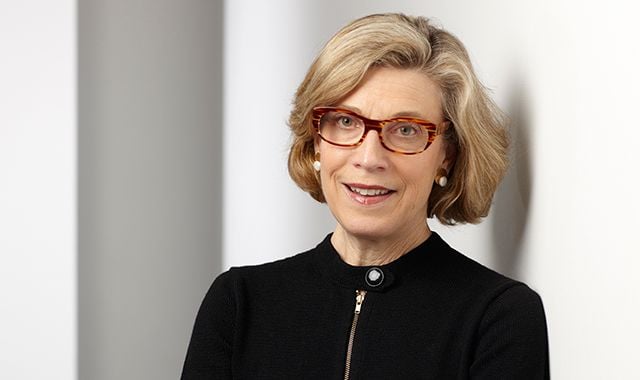
Dorsey Waxter.
Photo: Matt Car.
5. Dorsey Waxter, co-founder of Van Doren Waxter gallery, New York
Pursue what interests you but stay focused!
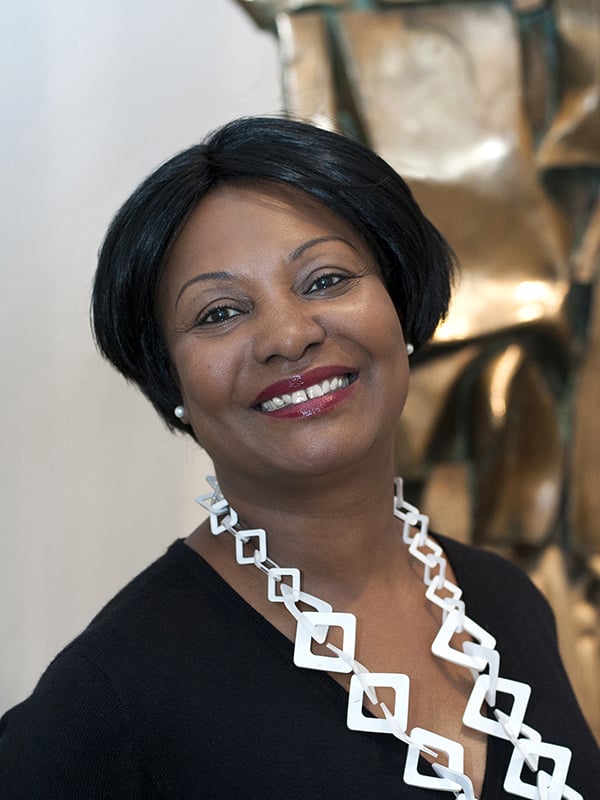
Jennifer Faure Francis.
Photo: courtesy the Philadelphia Museum of Art.
6. Jennifer Faure Francis, executive director of marketing and communications at the Philadelphia Museum of Art
Seek a specialty, explore your interests, drive your passion, be exceptional, and make your voice heard.
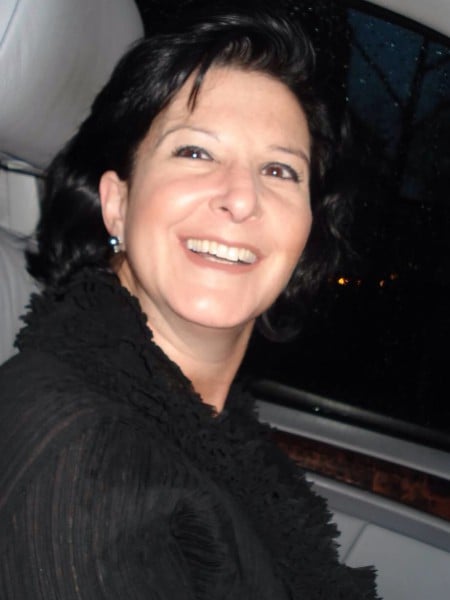
Sue Stoffel.
Photo: courtesy Sue Stoffel.
7. Sue Stoffel, director of art advisory company StoffelARTS, New York
![]()
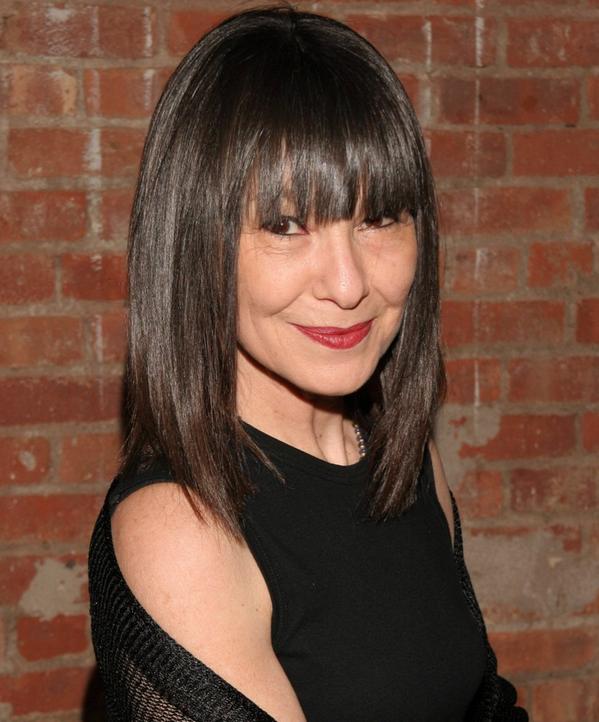
RoseLee Goldberg.
Photo: Will Ragozzino, courtesy Patrick McMullan/Performa.
8. RoseLee Goldberg, founder of Performa, New York
Be kind, be generous, and don’t blame the guys.
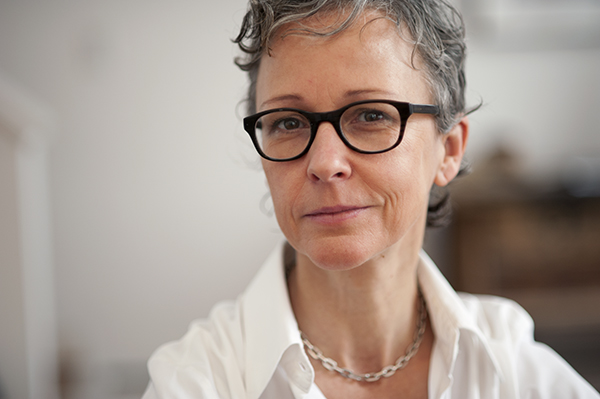
Katelijne De Backer.
Photo: MG Vander Elst.
9. Katelijne De Backer, director of Art Miami New York
The art world demands fluidity and perfection; therefore you need to stay focused, have a great amount of passion, and don’t be intimidated.
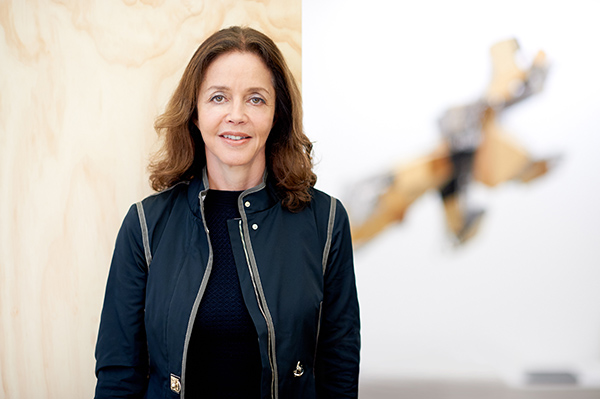
Rachel Lehmann. Photo: courtesy Lehmann Maupin.
10. Rachel Lehmann, co-founder of Lehmann Maupin gallery, New York
Passion driven by persistence, curiosity, and commitment is critical to success in the art world, and listening to Pharrell’s “Happy” doesn’t hurt either!
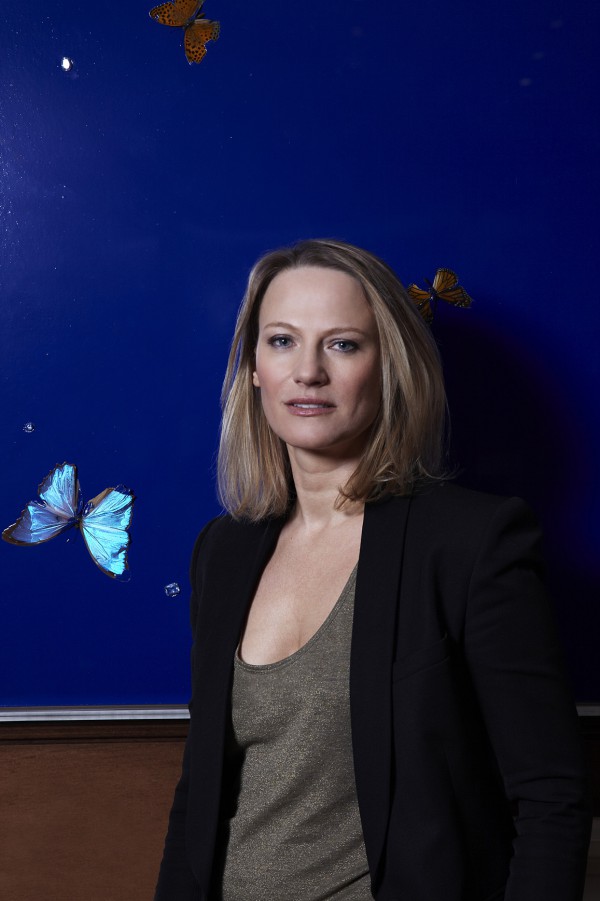
Cheyenne Westphal.
11. Cheyenne Westphal, co-head, contemporary art worldwide at Sotheby’s
For me, the key elements are: love and curiosity for art, honed expertise, the confidence to follow your intuition, and putting long-term relationships with collectors before short-term gain.
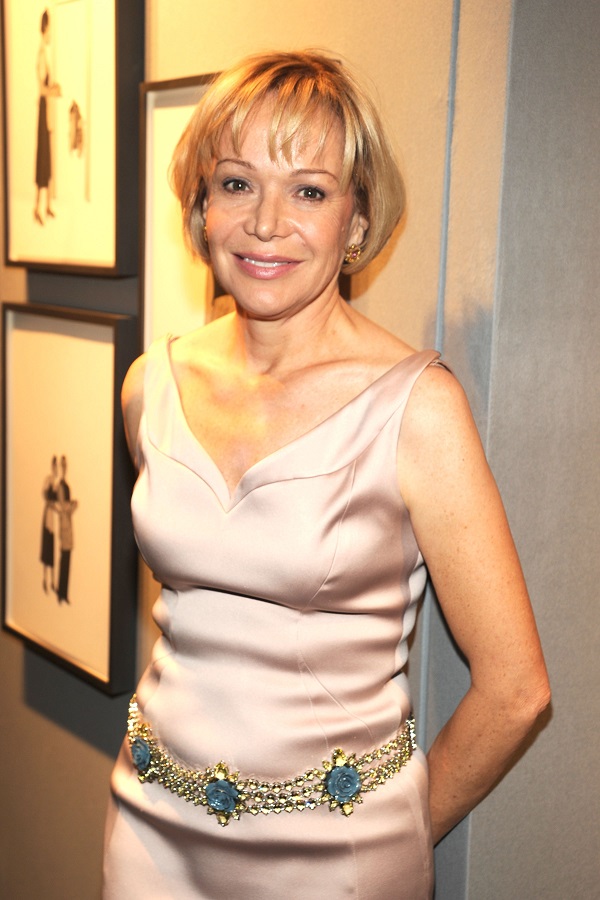
Lucy Mitchell-Innes.
Photo: Patrick McMullan.
12. Lucy Mitchell-Innes, co-founder of Mitchell-Innes & Nash gallery, New York
Listen well, look long, and speak little.
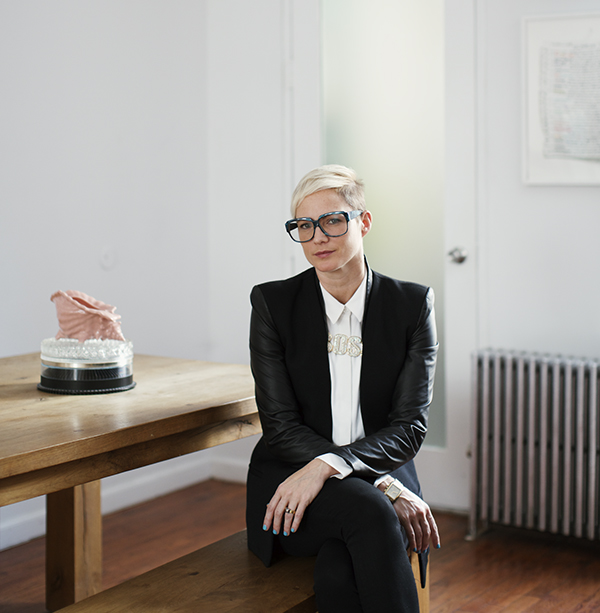
Helen Toomer.
Photo: Emily Johnston, courtesy PULSE Contemporary Art Fair.
13. Helen Toomer, director of PULSE Contemporary Art Fair, New York and Miami
The key to success is to determine exactly what success means to you—set your own goals and accomplish these by working hard, dedicating your time and energy, while maintaining pride and confidence in what you do—even when it may not always go the way you planned.
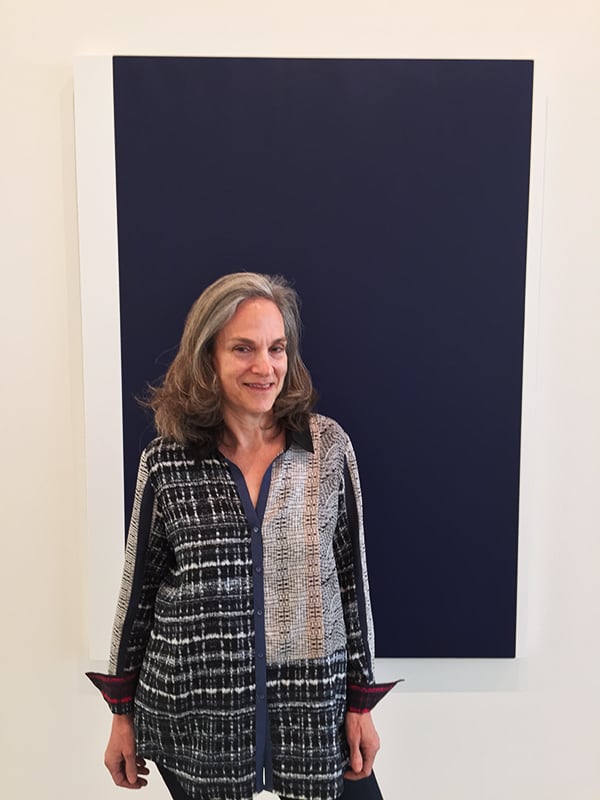
Elizabeth Marks.
Photo: courtesy Elizabeth Marks.
14. Elizabeth Marks, partner at Matthew Marks Gallery, New York
One of the most important things for me was to grow slowly and allow the gallery to build a sound financial infrastructure, which in turn gave Matthew the freedom to never have to compromise creatively.
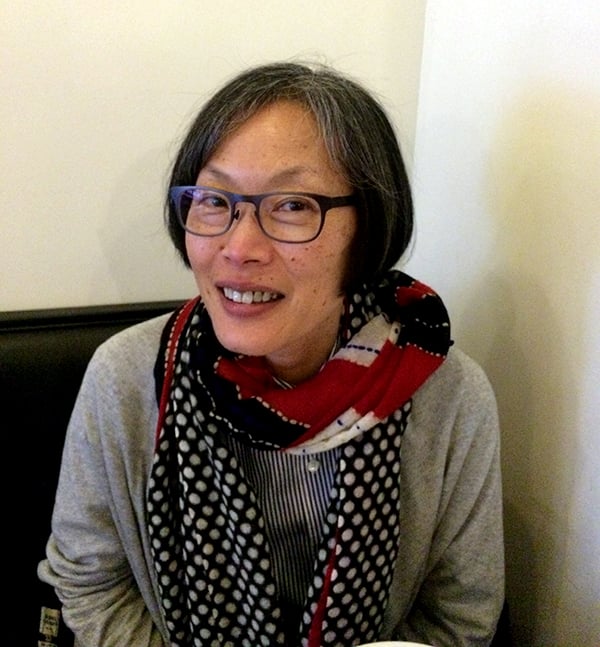
Eugenie Tsai.
Photo: Tom Finkelpearl.
15. Eugenie Tsai, curator of contemporary art at the Brooklyn Museum
Patience and tenacity are essential to attaining any goal in life. It’s also important to put yourself in situations where opportunities will present themselves.
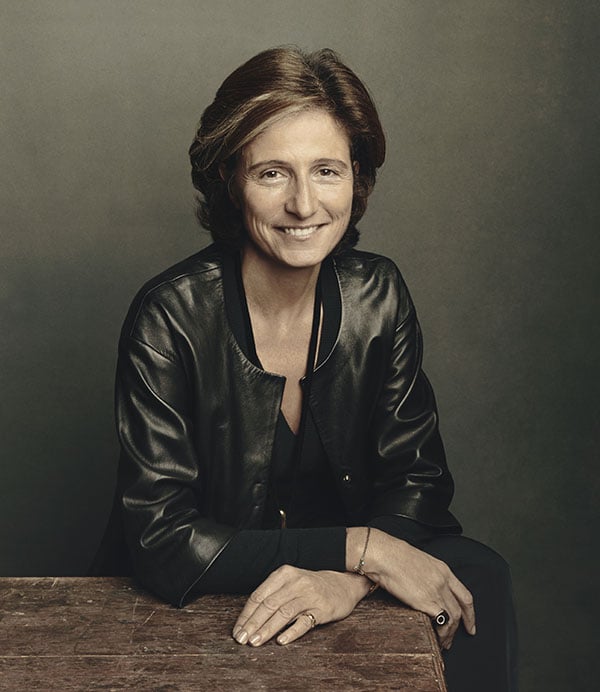
Dominique Lévy.
Photo: Zenith Richards.
16. Dominique Lévy, founder of Dominique Lévy gallery, New York, London, and Geneva
Find what you are truly passionate about and then pursue it wholeheartedly, because a life’s work that brings you joy will strengthen you throughout a long career.
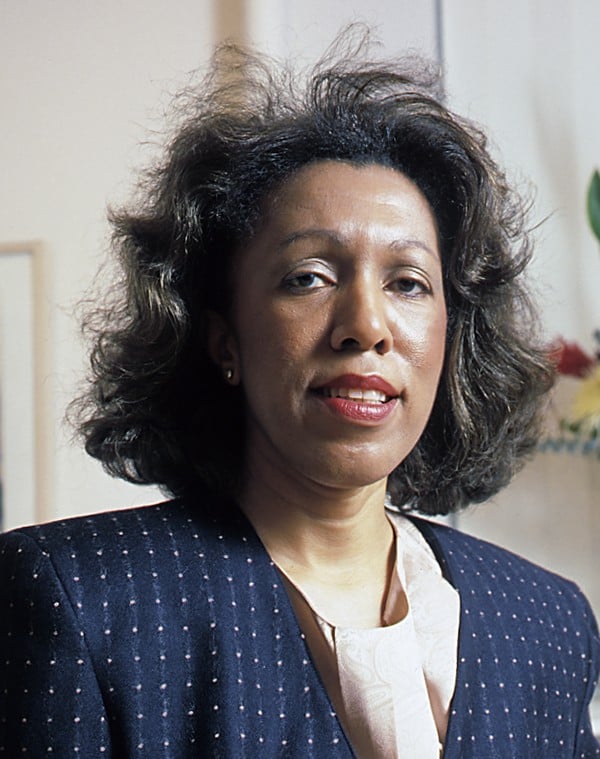
June Kelly. Photo: courtesy June Kelly Gallery.
17. June Kelly, founder of June Kelly Gallery, New York
As a woman in the art world, I believe it is essential to build solid and effective relationships that can nurture and support shared objectives.
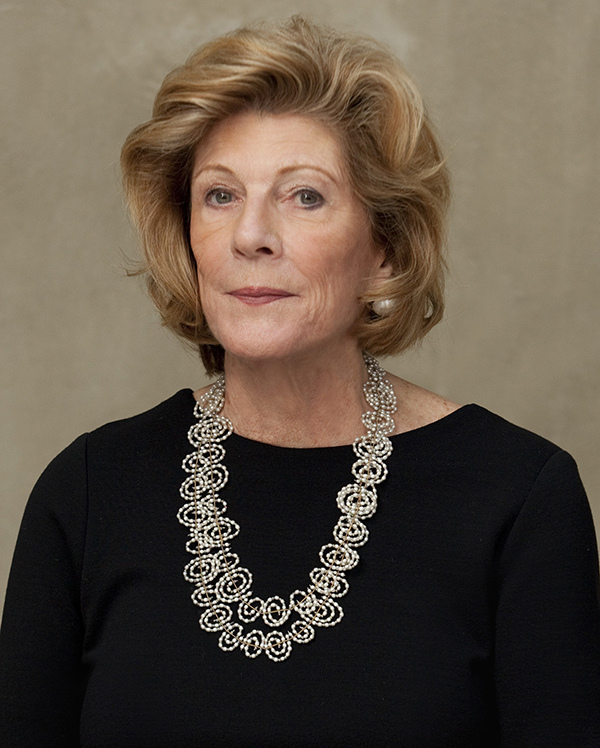
Agnes Gund.
Photo: Timothy Greenfield-Sanders.
18. Agnes Gund, president emerita of the Museum of Modern Art, New York
I was so lucky to have brilliant teachers who taught me how to see art, and mentors who exposed me to wonderful artists and collectors and curators. I made sure to seize every opportunity to see as much as I possibly could. I learned from the ground up by being on committees and councils, and always attempted to convey my appreciation and acknowledgement for everyone’s role. People respond when you give them the respect they deserve, and I have enjoyed the wonderful relationships I have made with so many extraordinary artists. My advice would be: Seek out the best teachers, see as much as you can, always continue to learn, value your friendships, and treat people with respect.
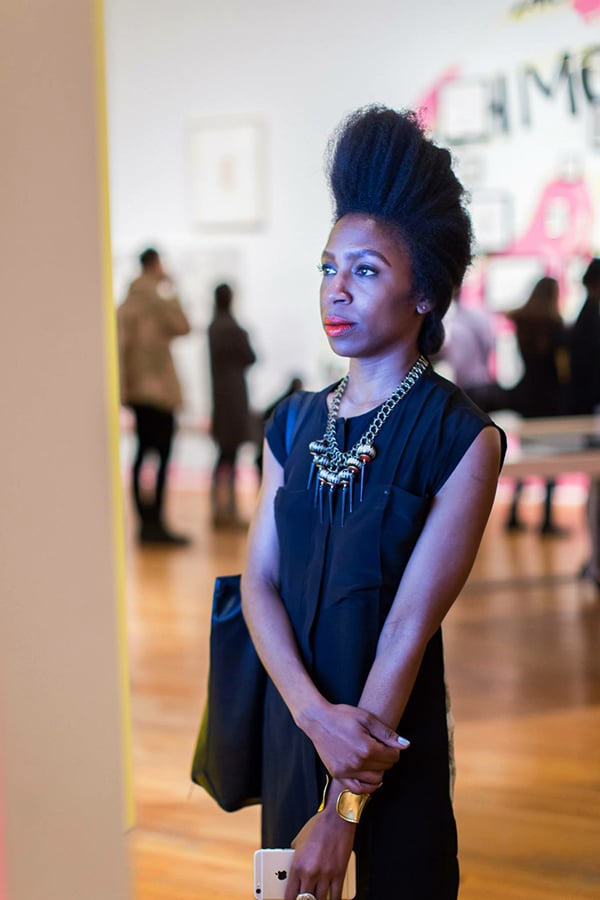
April Hunt. Photo: Rashaad Newsome.
19. April Hunt, founder and CEO of Sparkplug PR, New York
Go with your instincts, define your own success, and be a good human being while doing so.
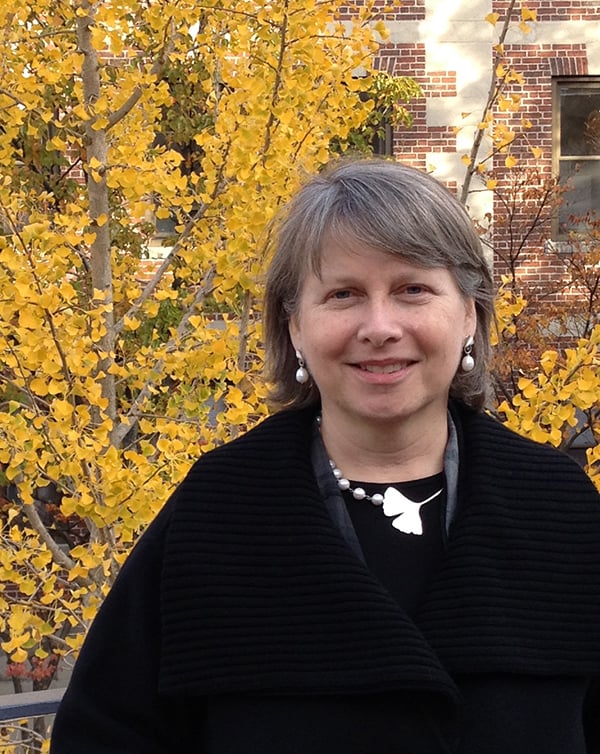
Deborah Martin Kao.
Photo: Mary Schneider Enriquez.
20. Deborah Kao, chief curator (and soon to be interim co-director) of the Harvard Art Museums, Cambridge, Massachusetts
One of the most important lessons I’ve learned is to keep in balance the laser focus needed to develop and implement a transformative vision for an institution or a field with the open posture required to cultivate and integrate innovative ideas as well as creative methods for achieving them.
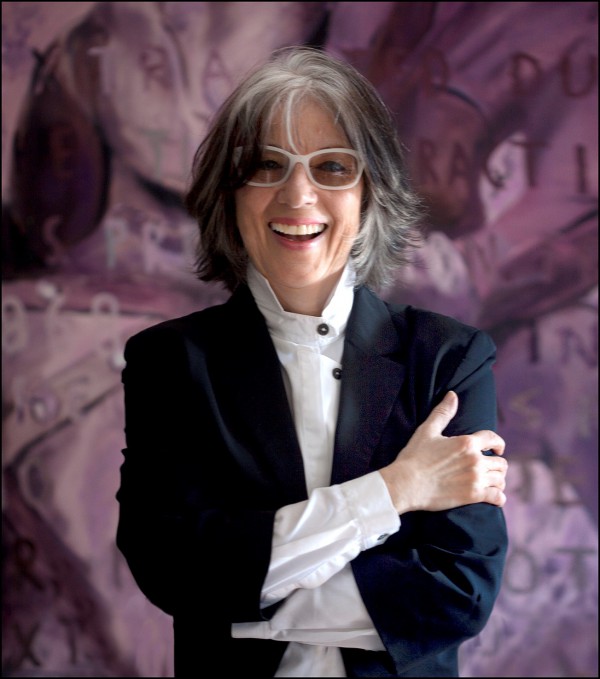
Gracie Mansion in front of a painting by Flechemuller.
Photo: Sally Davies.
21. Gracie Mansion, senior specialist, post-war & contemporary art, at artnet Auctions, New York
Rush blindly.
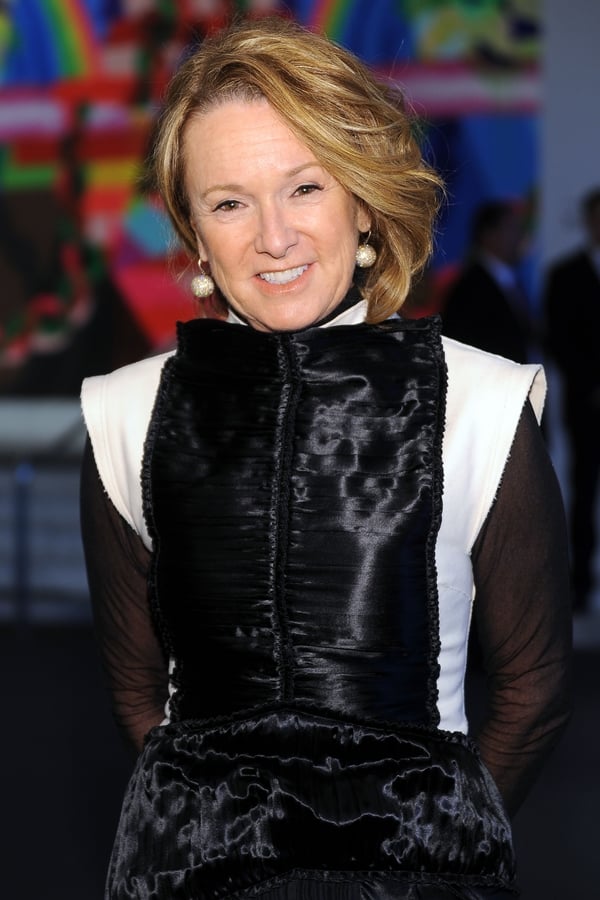
Ann Philbin.
Photo: Andreas Branch, courtesy Patrick McMullan.
22. Ann Philbin, director of the Hammer Museum at UCLA
Strive to reshape and expand the art historical canon—it is not etched in stone.
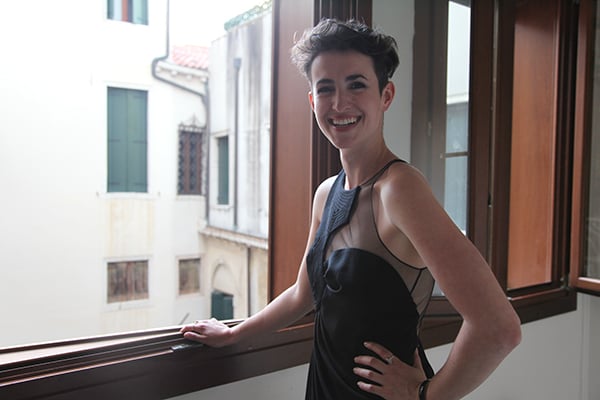
Justine Ludwig.
Photo: Faiza Butt.
23. Justine Ludwig, director of exhibitions and senior curator at the Dallas Contemporary (see Dallas Contemporary Hires Alison Gingeras and Justine Ludwig)
Make choices that scare you. Taking risks and challenging yourself produces the most rewarding path.
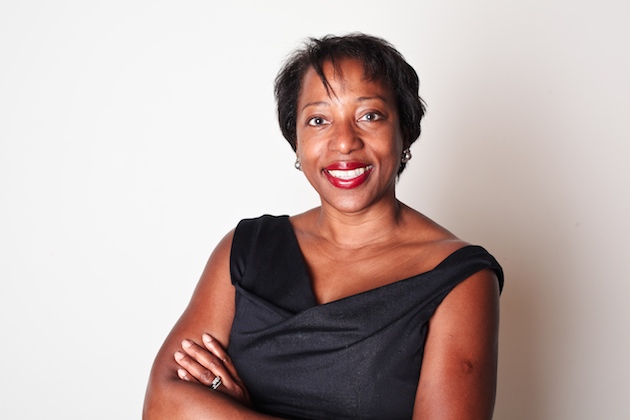
Valerie Cassel Oliver.
Photo: Eric Hester.
24.Valerie Cassel Oliver, senior curator of the Contemporary Arts Museum Houston
Contemporary art is a landscape that is ever-evolving. As curators, we are literally writing history as it happens. You have to be comfortable and confident when working in uncharted territory.
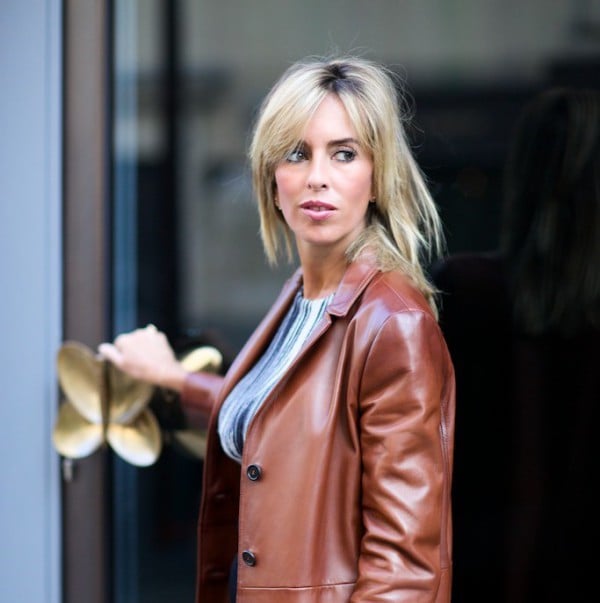
Agnès Monplaisir.
Photo: David Atlan.
25. Agnès Monplaisir, founder of Galerie Agnès Monplaisir, Paris
Stay true to your unique vision and always surround yourself with great beauty.

Maryam Eisler.
Photo: courtesy Maryam Eisler.
26. Maryam Eisler, director of the Maryam and Edward Eisler Foundation, London
Art wins where politics often fails. Art is a great weapon with strong regenerative power allowing for open dialogue and critical thinking. Art has the potential to change unfounded misperceptions. Art is today’s most powerful expressive tool conveyed through artists whom are, in my opinion, today’s opinion makers. That is how I see art and how I use art for my bigger picture objectives. Art as soft power.
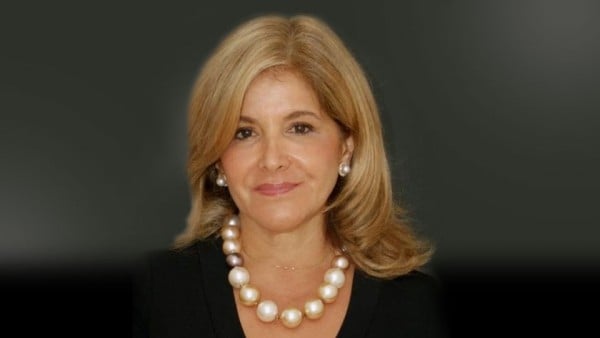
Leila Heller.
Photo: Lana Kurtz, courtesy Canvas Magazine.
27. Leila Taghinia-Milani Heller, founder and president of Leila Heller Gallery, New York
The key to my success is built on three things: my passion for the arts, my well-honed people skills, and my determination to never take “no” for an answer.
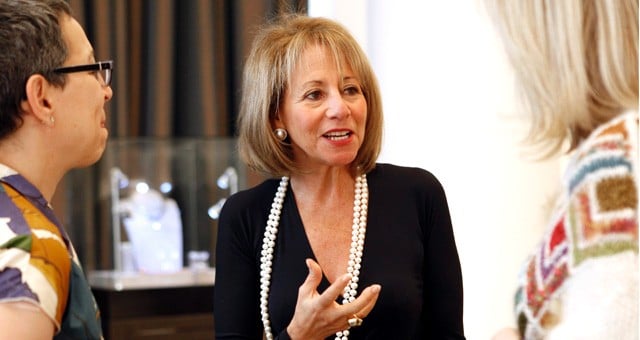
Lisa Dennison.
Photo: courtesy Sotheby’s.
28. Lisa Dennison, chairman of Sotheby’s North and South America
My advice on art world success is actually the same for women as for men: develop connoisseurship at the highest level, and let that be your guiding principle at every turn.
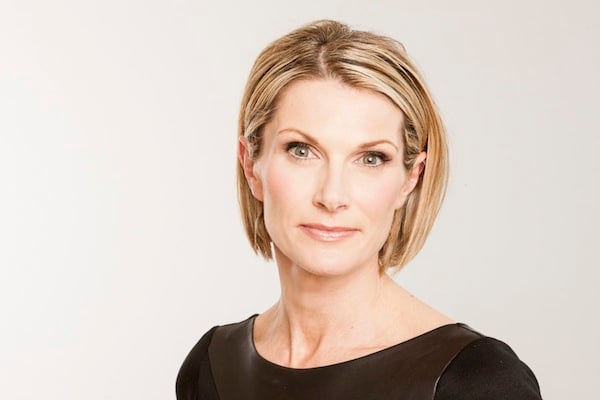
Clare McAndrew
www.paulmccarthyphotography.com.
29. Clare McAndrew, cultural economist and founder of the Arts Economics consulting firm, creator of the annual TEFAF market report (see Clare McAndrew Explains How She Prepares the TEFAF Art Market Report)
While personal taste seems central to purchasing art, many buyers are very reluctant to rely on their own. The “superstar phenomenon” we are seeing in the art market, where works of a narrow group of artists achieve extraordinarily high prices, is being driven in part by risk reducing techniques and the pervasive desire to “consume as others are consuming”. Many new collectors will only purchase well-recognized works or those by famous artists, essentially relying on the preferences already established by previously successful buyers, hence reducing the risks of relying on their own taste. Collectively, this tends to reinforce the position of successful artists while letting other lesser known, but equally talented, artists go unnoticed. This (along with scarcity) is why some prices are so high, rather than necessarily a difference in quality. You do not need to be a millionaire to access high quality but you do need to put a bit of time and effort into your own research or gaining access to some objective advice.
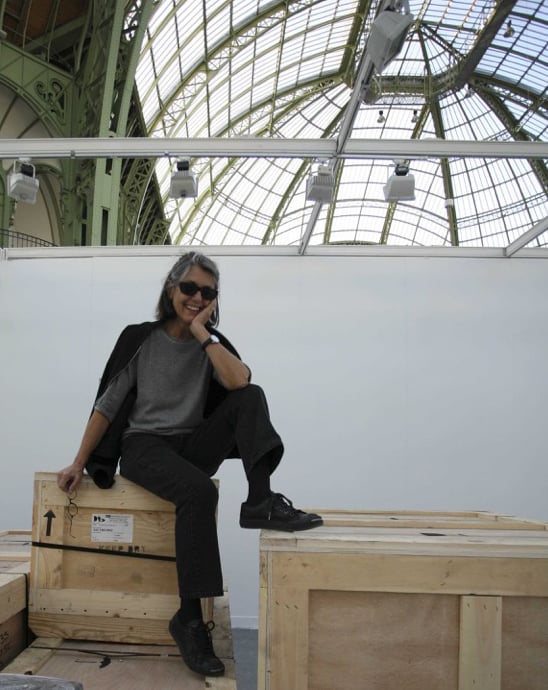
Paula Cooper taking a break from setting up her booth at FIAC, Paris (2007).
Photo: Vincent Capman, SIPA.
30. Paula Cooper, founder of Paula Cooper Gallery
Forget that you’re a woman, be a person.
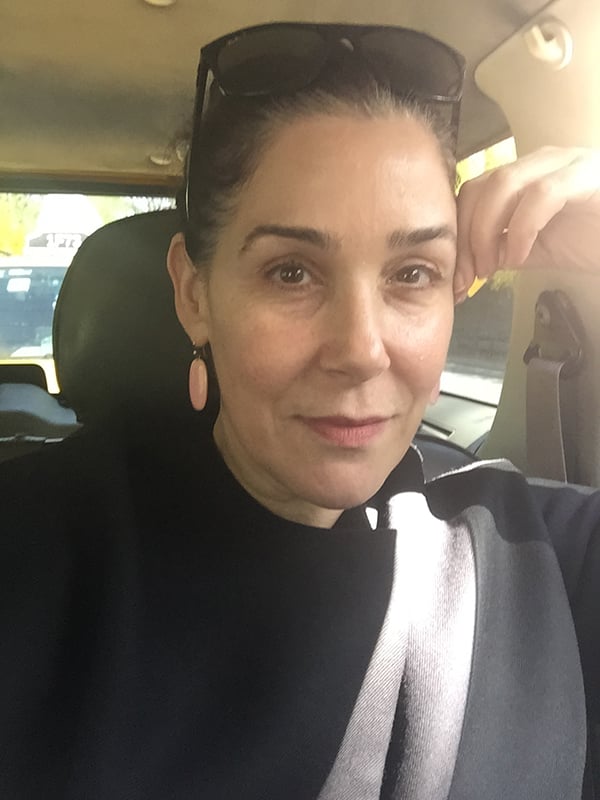
Andrea Schwan. Photo: courtesy Andrea Schwan.
31. Andrea Schwan, founder of Andrea Schwan Inc., New York
Honor other people by being truthful and direct, telling them what they actually need to know and not just want they want to hear.
For more impressive art world women see 25 Women Curators Shaking Things Up, 25 Art World Women at the Top, From Sheikha Al-Mayassa to Yoko Ono, and Legendary Women Dealers You Need to Know, Part One, Part Two, and Part Three.